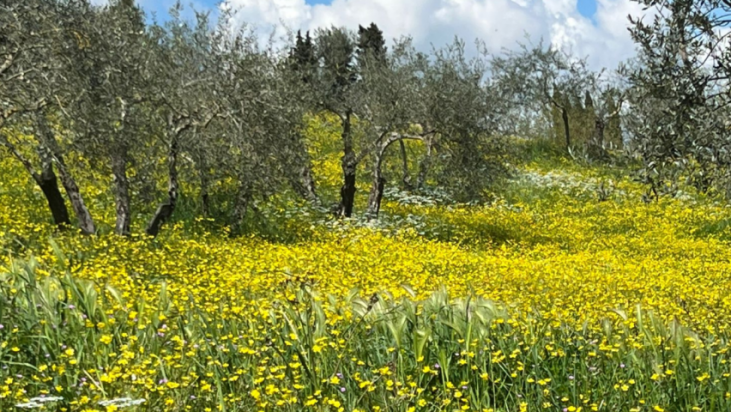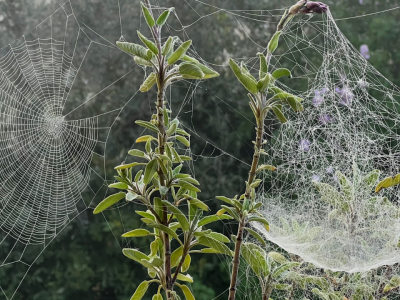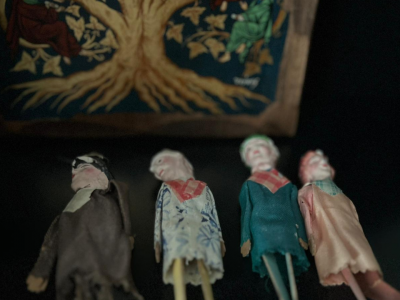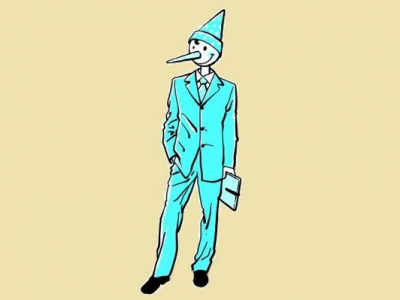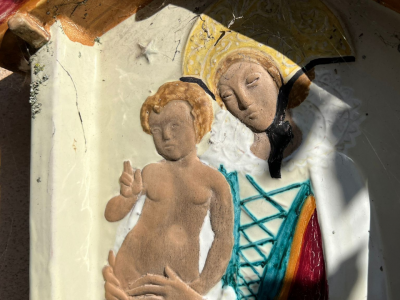CounterEconomy/10 - They prayed silent and beautiful prayers with their tears, kisses and hands
By Luigino Bruni
Published in Avvenire 07/05/2023
Where is the love of God, however embryonic, crude, raw, obscured, hidden underground and not out in the open as it may be, for therein is the heart ho...
stdClass Object
(
[article_layout] =>
[show_title] =>
[link_titles] =>
[show_tags] =>
[show_intro] =>
[info_block_position] =>
[info_block_show_title] =>
[show_category] =>
[link_category] =>
[show_parent_category] =>
[link_parent_category] =>
[show_associations] =>
[show_author] =>
[link_author] =>
[show_create_date] =>
[show_modify_date] =>
[show_publish_date] =>
[show_item_navigation] =>
[show_icons] =>
[show_print_icon] =>
[show_email_icon] =>
[show_vote] =>
[show_hits] =>
[show_noauth] =>
[urls_position] =>
[alternative_readmore] =>
[article_page_title] =>
[show_publishing_options] =>
[show_article_options] =>
[show_urls_images_backend] =>
[show_urls_images_frontend] =>
[helix_ultimate_image] => images/2023/05/06/230507-ContrEconomia_ant.jpg
[helix_ultimate_image_alt_txt] =>
[spfeatured_image] => images/2023/05/06/230507-ContrEconomia_ant.jpg
[helix_ultimate_article_format] => standard
[helix_ultimate_audio] =>
[helix_ultimate_gallery] =>
[helix_ultimate_video] =>
[video] =>
)







